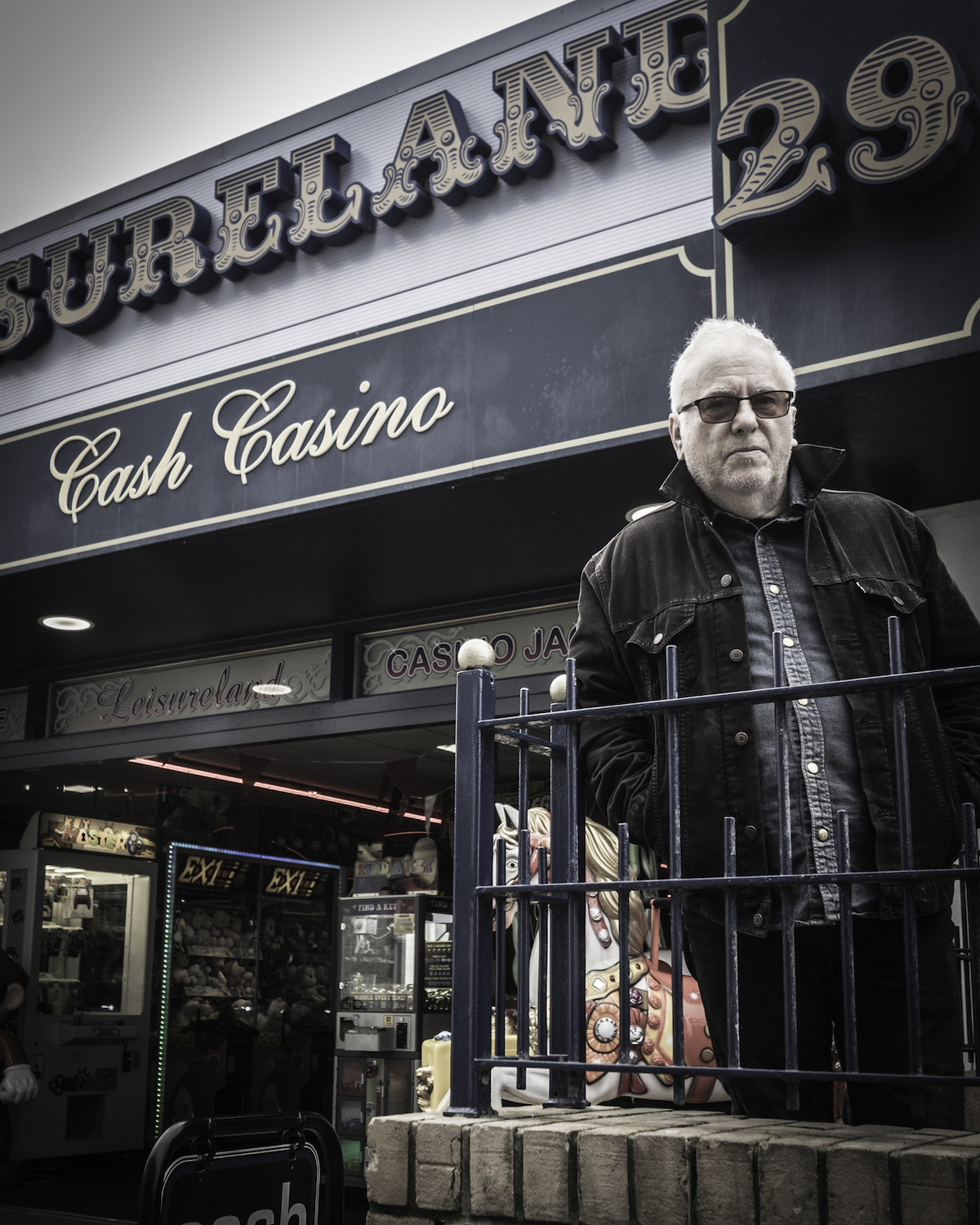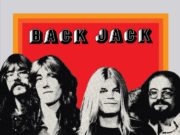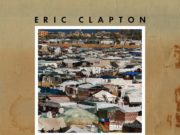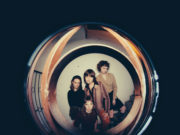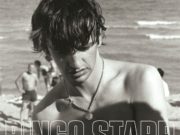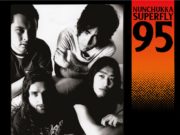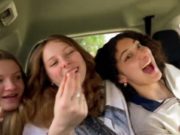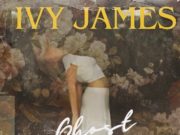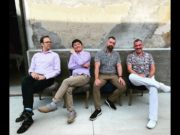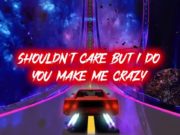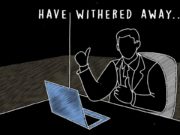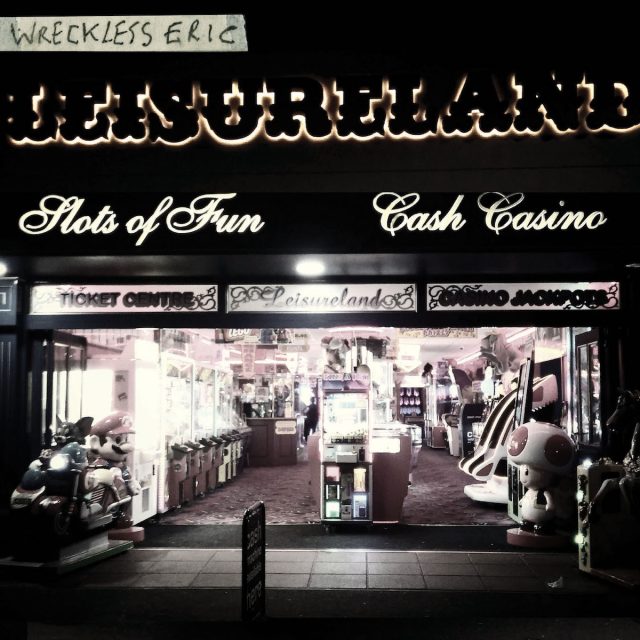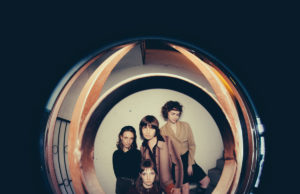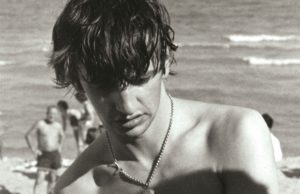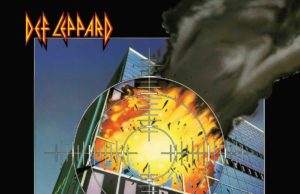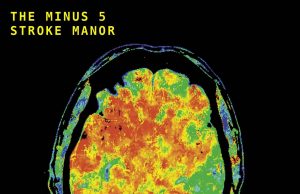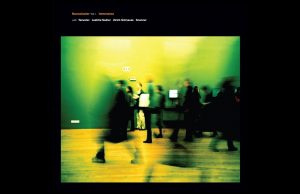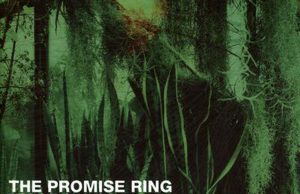THE EDITED PRESS RELEASE: “As Wreckless Eric he needs little introduction — he wrote and recorded the classic Whole Wide World and had a hit with it back in 1977. Since then it’s been a hit for countless other artists including The Monkees, Cage The Elephant and Billie Joe Armstrong of Green Day. Eric’s version featured in a 2022 Expedia ad that starred Ewan McGregor and aired during the Super Bowl, while Cage’s take has become the theme tune for the podcast Smartless.
As Eric Goulden it’s a little more complicated — a musician, artist, writer, recording engineer and producer, he didn’t like either the music business, the mechanics of fame, or the name he’d been given to hide behind, so he crawled out of the spotlight and disappeared into the underground. He went on to release 20-some albums in 40-some years under various names — The Len Bright Combo, Le Beat Group Electrique, The Donovan Of Trash, The Hitsville House Band, and with his wife as one half of Wreckless Eric & Amy Rigby — before finally realising he was stuck with the name Wreckless Eric. His three most recent albums — amERICa, Construction Time & Demolition and Transience — are widely praised as his best work. His music encapsulates pop, bubblegum, garage trash and psychedelia, offering lyrical and sonic journeys, pop explosions, epic voyages and Polaroid snapshots.
His new album Leisureland marks a return to his more ramshackle world of recording — guitars and temperamentally unpredictable analogue keyboards, beatboxes and loops in conjunction with a real drummer, Sam Shepherd, who Eric met in a local coffee shop near his home in Catskill, N.Y. He was delighted to find that Sam lived around the corner and could easily drop by to play on newly recorded tracks. The recording methodology may have been Contemporary American but the subject matter is almost entirely British. It also contains more instrumentals than any of his previous albums.
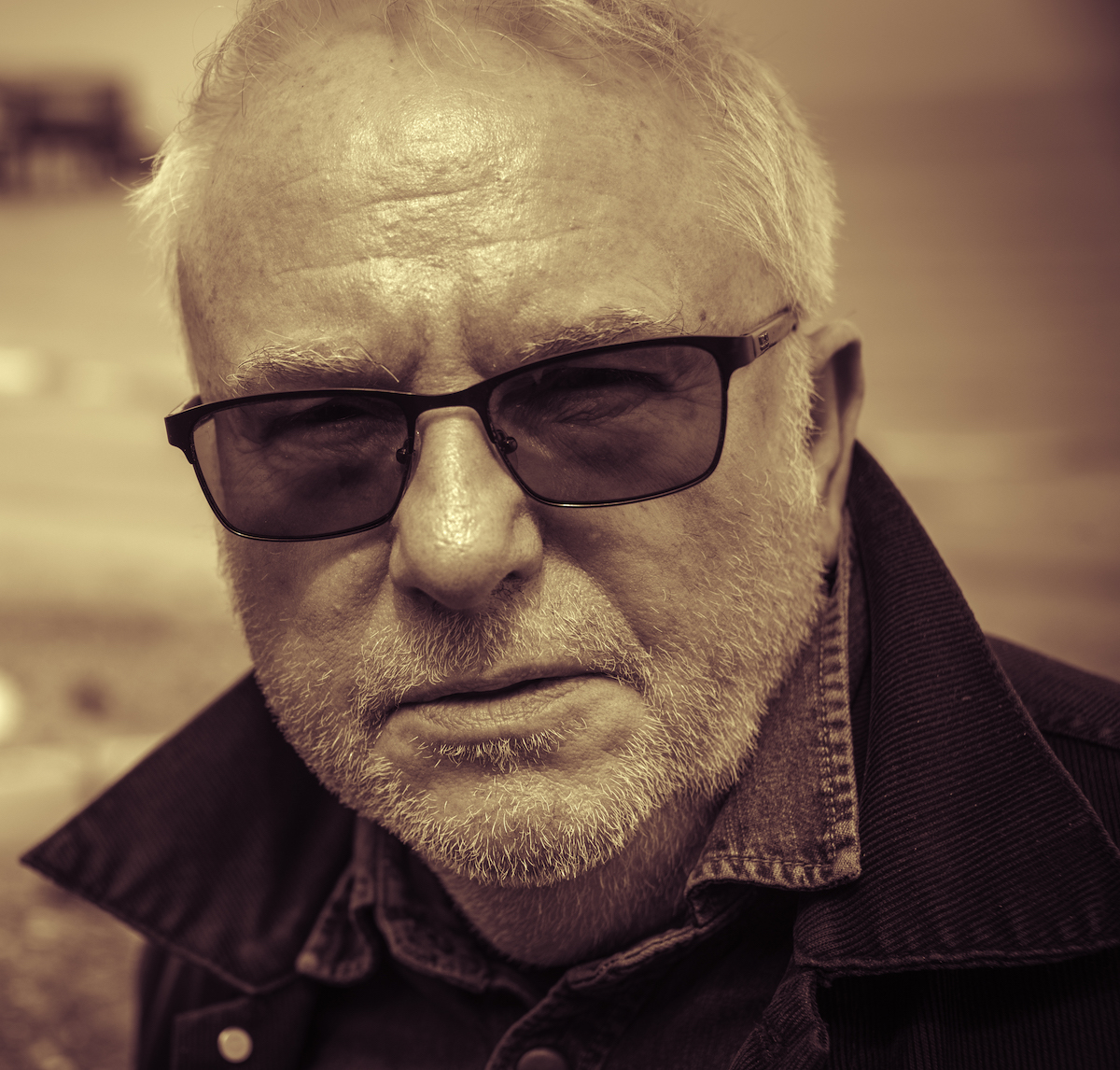
Explains Eric: “Before the pandemic I used to tour all the time. It was almost as though I was addicted to it — new places, new people. During the lockdown I couldn’t go anywhere. I think that’s why I started to invent a place. Covid hit me hard, damaged my lungs, gave me a heart attack — I almost died in the emergency room. I began to feel extremely… mortal. I began to look at where I’ve been and where I come from. Maybe to get my mind off the ultimate destination.
“When Standing Water first came along I had the British seaside town of Cromer in North Norfolk in mind. It quickly encompassed other seaside towns until it became its own place. British seaside towns with their stagnant boating lakes (filled in and set up for crazy golf) are a most peculiar contradiction — amusement arcades, unemployment. People flock in, spend money, but the locals don’t get rich, they pushed out. They end up on the Brownfield Estate, tucked away behind the out of town supermarket, where local children play on grassed-over landfills that seep methane gas.
“I thought of my birthplace, Newhaven in East Sussex. My parents hated it — they couldn’t wait to leave. They’d moved there because of my dad’s job. I was born there and even though it might be a dump, it was where I came from, and for a young boy it was paradise — docks, cranes, cargo ships, fishing boats, a Victorian swing bridge, a steam locomotive rolling through the town centre… And the ferry service to France. I could see it, from the cliffs alongside the dull bungalow suburb where we moved when advancement made home ownership possible — the old Versailles steaming out of the harbour mouth and disappearing over the horizon to a distant somewhere else.
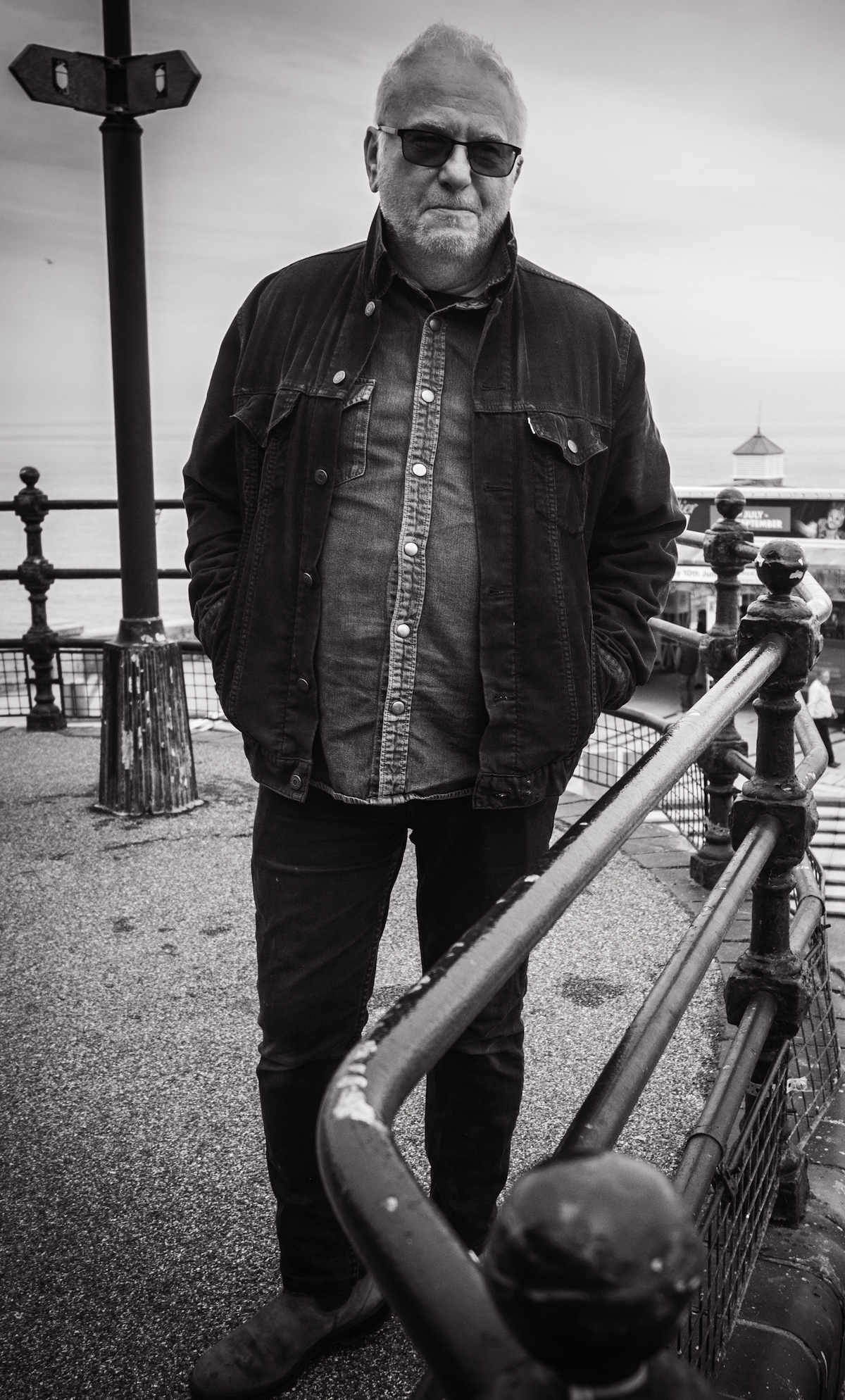
“When I was growing up in South East England I didn’t know how the world was laid out, though I had a pretty good idea that it was fucked-up. But my parameters were narrow — I lived an enclosed life. A walk to the end of the road, a bus ride, a train, a short walk to the school gates at the other end. Always the same bus, the same train, and the same walk. I got a bicycle and the possibilities widened — ride away from home for half a day, spend the other half riding back. Then I learned to hitchhike, I hitched rides to Brighton to see rock bands who sometimes came from America. I understood that the world was bigger than I first thought it was but I still hadn’t been much further than the end of the road.
“I was dumb, but in my defence the information that might help me to become less dumb was not readily available — Peacehaven Public Library didn’t carry books by Jack Kerouac, and it never occurred to me to look at a map, or seek out a forward facing independent book shop because, as I said, I was dumb. I was also stoned, detached, confused, and waging a battle with the ancient neolithic settlement that lived under our house and threatened to climb on top of me most nights and crush the life out of me. I was a weird kid. We slept with our heads facing north.
“When I was 17 I gave up on trying to tunnel my way out of South East England, I learned to drive — it was easy, I was a natural. Since then I’ve driven all over the place and driven the length and breadth of the United States numerous times. I’ve been everywhere, man. I can tell you exactly how fucked-up it is.
“I should tell you about the new album, but I can’t — you’ll have to figure that out for yourself. It shouldn’t be difficult. There’s a cough on every one of my later albums. This one breaks with tradition, it contains a sniff. There might be a small prize if you can find it, perhaps a weekend getaway for three people in Standing Water. Welcome to Leisureland.”
Watch my Zoom interview with Wreckless Eric HERE.
